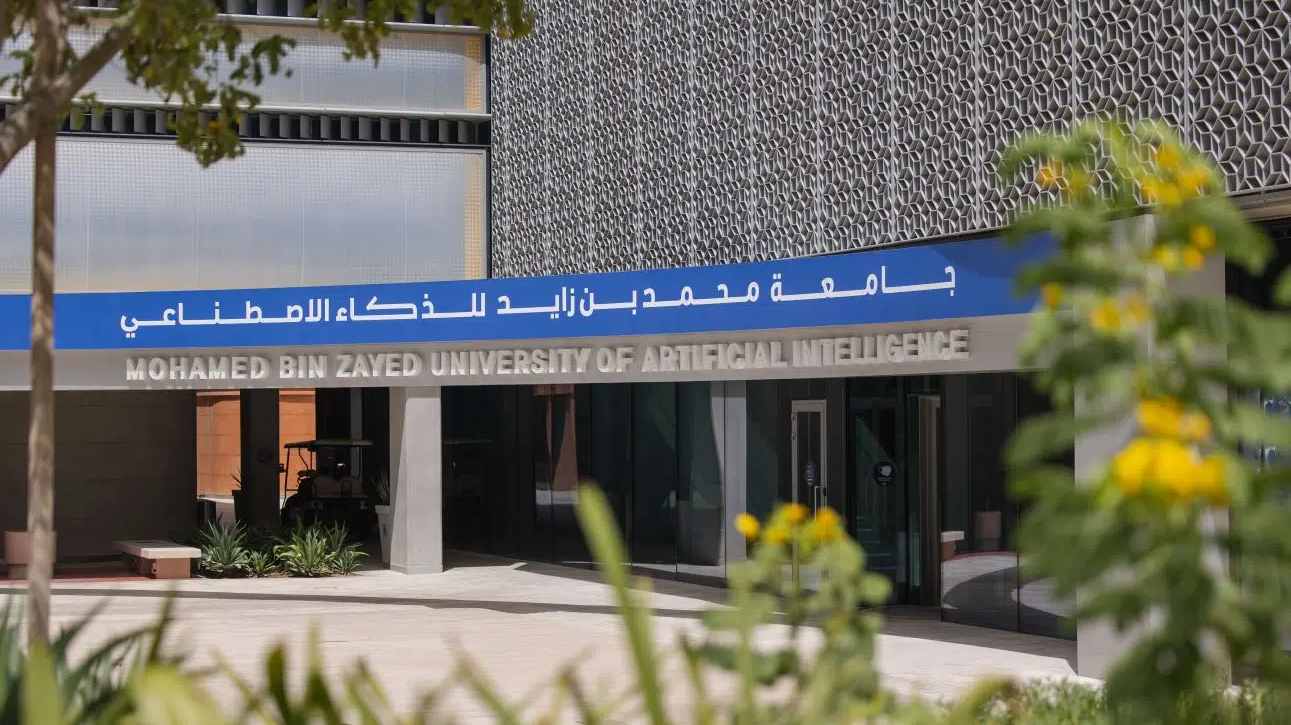Probability and progress: statistics and AI in health care
Monday, January 08, 2024
Top scientists in the fields of statistics and artificial intelligence from across the globe will gather in Abu Dhabi this week for MBZUAI’s “AI Quorum on Statistics for the Future of AI,” which will focus on how these closely related disciplines have the potential to revolutionize health care.
Two leading scientists, Tian Zheng, professor of statistics and chair of the department of statistics at Columbia University, and Hongtu Zhu, professor in the department of biostatistics at the University of North Carolina, are organizing the event.

Professor Tian Zheng
“We have gathered a stellar lineup of trailblazers in their fields, and the workshop will provide a forum for us to think ambitiously and productively about how we can more fully integrate statistics into AI research,” said Zheng.
The event features a roster of nearly two dozen speakers drawn from top universities across the world, including Harvard University, Yale University, the University of Pennsylvania, the University of California, Berkeley, the London School of Economics and the Hong Kong University of Science and Technology. Representatives from pharmaceutical giant Eli Lilly and the MD Anderson Cancer Center will also speak.
“Our hope is that this workshop will set the stage for future innovations in artificial intelligence that will be driven by statistical insights,” said Zhu.
The workshop is part of the AI Quorum, a series of winter gatherings at MBZUAI aimed at spurring groundbreaking AI research and promoting a broader understanding of AI’s potential as a force for social good. These meetings bring together a group of the world’s brightest minds to forge a research agenda that not only envisions AI’s potential but also charts a course towards realizing it. The previous AI Quorum, held in December, focused on federated and collaborative learning.
The ties that bind
The disciplines of statistics and artificial intelligence are profoundly connected and have significantly influenced each other over the past several decades. “We can’t describe important concepts in artificial intelligence, like biases, uncertainties or predictive power, without statistics,” Zheng said. “Statistics provides the foundation for addressing essential questions in artificial intelligence.”
For example, machine learning algorithms, like those used in large language models, draw on concepts from statistics, in that large language models can generate new, grammatically correct sentences based on probability instead of being programmed to produce novel text according to grammatical rules.
Statistical methods are also widely used to validate the performance of AI models, which involves testing a model against a dataset that is different from one that is used to train the model. Doing so provides researchers with an understanding of how well the model will perform when it encounters new, unseen data. Validation is particularly important in a field like healthcare, Zhu said, where the stakes are high, and can involve “comparing what an AI model comes up with to real patient data.”

Professor Hongtu Zhu
Real-world impact
The workshop’s agenda spans a spectrum of cutting-edge topics, from medical imaging and electronic health records to computational biology and smart health.
Medical image analysis, which employs principles of computer vision and machine learning, is one area that has already seen AI-driven programs adopted in the clinic and is poised for further innovation.
“AI medical imaging tools have shown the ability to extract meaningful features from images of tumors and other useful information from medical images” that are not apparent to clinicians and have the potential to improve care, Zhu said.
Natural language processing also holds the potential to improve health care with its ability to analyze huge volumes of scientific publications, extract meaningful insights and identify trends in studies.
Indeed, the volume of scientific output today is staggering. While there is no one authoritative index that catalogues the world’s academic output, estimates suggest that there are millions of studies published each year.
“Without the help of AI, it is difficult and time consuming to do a full literature review,” Zhu said. “Traditionally only people with a background in natural language processing could take advantage of these tools, but now, with a little training, non-specialists can modify them to help them with their research.”
Zhu emphasized the importance of prioritizing the pragmatic application of AI and statistics, as they are tools and are only meaningful when they are tied to applications that can improve people’s lives. And while the discipline of statistics has had a long tenure in the field of health care — for example, clinical trial data has been interpreted using statistical methods for decades — many people who were trained as statisticians have adopted AI tools into their own work.
Face to face
Over the past several years, scientific collaboration has been aided by the adoption of Zoom meetings and messaging apps that allow researchers to easily connect with each other across national borders and time zones. But sometimes it is best to see and work with your colleagues in person.
“There is power that comes from the synergy of having everyone in the same room,” Zheng noted. “I’m hoping that we can discuss what the next chapter of our research will be, what we hope to achieve in 20 or 30 years but with enough will and investment we can make it happen in five.”
Related
Making sense of silence in gene regulatory networks
MBZUAI Ph.D. student Gongxu Luo has co-authored a study at the ICLR 2024 conference on a new.....
Read MoreSeparating fact from fiction with uncertainty quantification
Maxim Panov, assistant professor of ML at MBZUAI, is developing methods that are grounded in theoretical statistics.....
- ML,
- ML research,
- llms,
- Maxim Panov,
Five ways that AI is breaking barriers and boosting access to healthcare
Artificial intelligence (AI) could play a key role in extending health services to underserved and vulnerable communities,.....
- Remote patient,
- Predictive healthcare,
- malaria,
- Computer Vision Department,
- Machine Learning Department,
- BioMap,
- Quris-AI,


